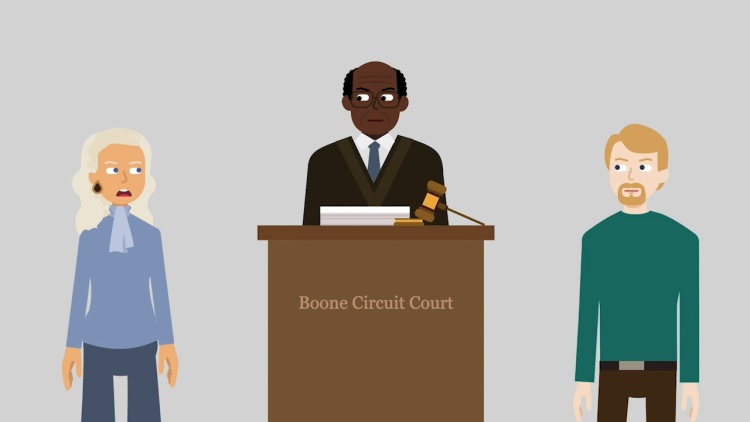Fischer v. Fischer
Kentucky Supreme Court
197 S.W.3d 98 (2006)
- Written by Casey Cohen, JD
Facts
In 1994, Richard Fischer formed a partnership with his son, Todd Fischer (defendant). The partnership agreement stated that the partnership was formed to purchase, lease, and sell real estate at a specific address in Florence, Kentucky. In 1995, Richard and Todd amended the partnership agreement to provide that if either partner died, the surviving partner would buy the decedent partner’s interest for $50,000 payable over five years with interest (buy-sell provision). Richard learned that he was terminally ill in 2000. Richard’s attorney sent a letter to Todd stating that Richard was dissolving the partnership because the buy-sell provision was financially unfair to Richard. Richard then executed a new will, leaving his entire estate to his second wife, Jacquelyn Fischer (plaintiff). After Richard died, Jacquelyn filed a suit individually and as executrix of Richard’s estate. Todd moved for partial summary judgment, seeking to enforce the partnership’s buy-sell provision. Todd argued that although Richard’s letter began the process of winding up the partnership, the partnership was still in place when Richard died. The trial court granted Todd’s motion, finding that the partnership had not been dissolved by Richard’s letter, and therefore the buy-sell provision was enforceable. Jacquelyn appealed. The court of appeals reversed, holding that Richard’s letter dissolved the partnership and extinguished the buy-sell provision. Todd appealed to the Supreme Court of Kentucky.
Rule of Law
Issue
Holding and Reasoning (Lambert, C. J.)
Concurrence (Cooper, J.)
What to do next…
Here's why 907,000 law students have relied on our case briefs:
- Written by law professors and practitioners, not other law students. 47,100 briefs, keyed to 996 casebooks. Top-notch customer support.
- The right amount of information, includes the facts, issues, rule of law, holding and reasoning, and any concurrences and dissents.
- Access in your classes, works on your mobile and tablet. Massive library of related video lessons and high quality multiple-choice questions.
- Easy to use, uniform format for every case brief. Written in plain English, not in legalese. Our briefs summarize and simplify; they don’t just repeat the court’s language.





